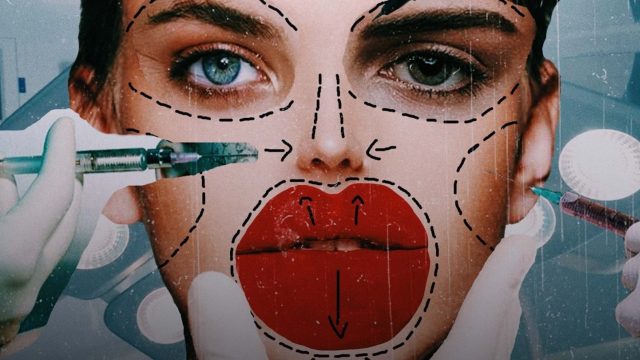Sophie Erenberg (11) | STAFF REPORTER
For dog and cat owners who wish their beloved pets could live forever, the prospect of commercial animal cloning may seem like a dream come true. However, the procedure can cost as much as $50,000 with no guarantee that the cloned pet will bear a resemblance to the original’s behaviour or appearance. Some experts have also raised ethical concerns about this process, and contend that cloning does not provide any medical benefit to the health of a pet or to people. Despite the recent success of this scientific breakthrough, can the cloning of animals for commercial purposes be ethically justified?
Cloning is a technique used by scientists and researchers to create exact genetic copies of living organisms, including genes, cells, tissues, or even entire animals. Cloned genes are formed by inserting the DNA from a living creature into a carrier, such as bacteria or yeast. In 1996, scientists in Scotland created Dolly the sheep, the first mammal cloned from an adult stem cell (Scientific American 2018). Having learned from this discovery, they quickly progressed to cloning other animals, including cows, goats, mice, rabbits, and horses. Due to differences in the canine reproductive system, however, the cloning of dogs proved to be a much more challenging task.
After several failed attempts, the first successful dog cloning experiment was conducted in 2005 when scientists from Seoul National University produced a pair of Afghan hound puppies using somatic cell nuclear transfer. Although one of the newborn pups died of pneumonia shortly after birth, the second cloned dog — which the team named ‘Snuppy’ — lived for an astonishing 10 years. At the time, researchers debated whether cloning caused animals to age faster or have a higher risk of disease than their cell donors. Dolly had died at age 6 from a lung infection, around half the average lifespan of a sheep; while Snuppy passed away from the same cancer that had affected Tai, her predecessor.
Nonetheless, pet cloning technology has advanced significantly since the researchers first unveiled Snuppy. At present, several commercial companies and institutions, primarily in South Korea, are attempting to bring cloning to ordinary pet owners. One of them, the Texas-based biotech company ViaGen Pets, originally aimed to use cloning as a means to improve livestock breeding — but has recently begun offering its services to pet owners in 2015.
Today, the premise of animal cloning remains a controversial subject to both scientists and citizens around the globe. Robin Lovell-Badge, head of the Laboratory of Stem Cell Biology and Developmental Genetics at the Francis Crick Institute, argues that pet cloning is unjustified as animals cloned through genome editing will not share their behavioural traits and personalities (despite being genetically identical), since all creatures are a product of both their genes and their environment. In regard to animal cloning, Harvard geneticist George Church states,
“People really want their pet that knows them and knows certain tricks and so forth. In that sense, it’s a little bit taking advantage of people’s grief.” (BBC 2022)
In brief, it is crucial for animal lovers to acknowledge that their affection toward their pets is a matter of personality, rather than genetic makeup. The practice of pet cloning should therefore be restricted to ethical and legitimate uses — such as cloning endangered species for conservation purposes or replicating service dogs with rare or desirable abilities — to ensure that animals are not subjected to harm for nonessential reasons.
Sources:



